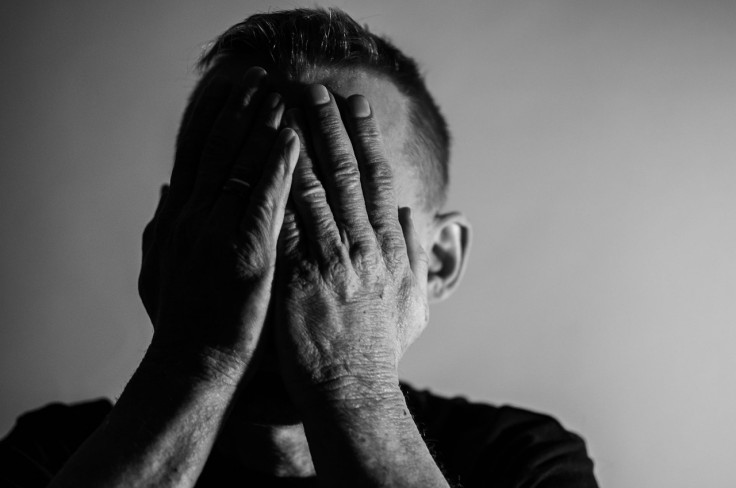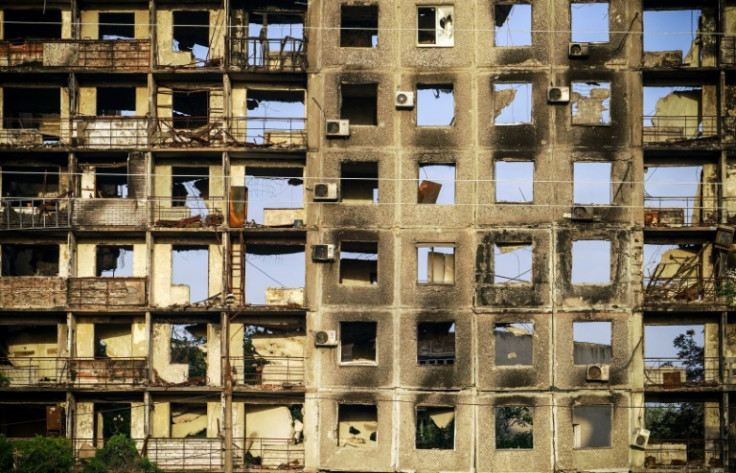Ukraine-Russia War: 60% Of Ukrainians Evacuated From Mariupol Likely Suffer From PTSD

KEY POINTS
- Up to 60% of evacuees from Mariupol had symptoms of disorders that could develop in PTSD cases
- These internally displaced people also showed a low level of social adaptation in a new environment
- There is a relationship between the presence of PTSD and the emergence of several issues
Between 51% to 60% of residents who fled the now-Russian-occupied city of Mariupol in Ukraine's besieged Donetsk province could have post-traumatic stress disorder (PTSD).
Ukrainian marketing agency UkrSocStandart presented this data during a presentation titled "How the siege of Mariupol affected people" that was hosted by the Media Center Ukraine civic initiative.
About 60% of the 1,094 respondents who were interviewed from last December up to this month "experienced symptoms of disorders that may develop in PTSD cases," Denis Podyachev, a project manager at UkrSocStandart, said.
Podyachev also noted that the participants showed a low level of social adaptation in a new environment.
"Only half of the respondents indicated that they were able to solve the issue of permanent housing, and about 40% of the respondents were able to solve the issue of permanent employment. Less than 1/3 of respondents would like to reside at the place of their current stay permanently. 44.5% do not set any short-term goals," he said.
UkrSocStandart's study revealed a two-way relationship between the presence of PTSD and the emergence of new chronic diseases, frequent residence changes, and unresolved issues of unemployment, according to Podyachev.
"On one side, PTSD complicates the solution of these issues and causes health problems. But there may also be a feedback loop when all these consequences and problems prolong a person having PTSD," he said.
"[T]his allowed us to apply a certain regression model that PTSD depends on the failure to resolve certain issues in people in the future. That is, it prolongs the problematic psychological and physical condition of people. This is our most important outcome of the study," Podyachev added.
More than 13 million people in Ukraine have been displaced a year into Russia's invasion, according to the United Nations High Commissioner for Refugees.
Around 77% and 79% of refugees and displaced Ukrainians, respectively, want to return home one day, reports commissioned by the agency found.
However, only 12% of both groups from Ukraine planned to come back in the next months.
"We cannot think about the future or how the situation in Ukraine is, and for how long it will be like that. We can only think about the present," one refugee was quoted as saying.

© Copyright IBTimes 2024. All rights reserved.





















